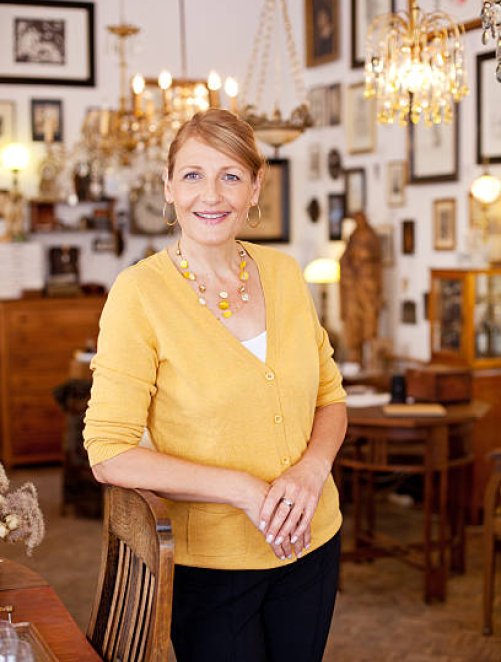




Garden seat
19th c., English Mason's ironstone Imari coloration, pierced top, hexagonal, hallow
H 20" Diameter 14"
Inherited
Yes


Hi Ellie,
Thank you for contacting Mearto with your appraisal inquiry.
Mason’s Imari Ironstone is one of the most recognizable and collectible forms of English pottery, and it sits at the crossroads of English innovation and Asian-inspired design. Mason’s Patent Ironstone China was introduced around 1813 by Charles James Mason, of Lane Delph, Staffordshire. It was an English ceramic innovation: heavier, tougher, and more chip-resistant than porcelain, yet still capable of taking richly colored decoration. Ironstone quickly became popular in Britain and abroad (especially in the U.S.) because it was durable, attractive, and more affordable than true porcelain.
Mason’s most iconic decoration was based on Japanese Imari porcelain of the late 17th–18th centuries. Traditional Imari featured bold overglaze decoration in cobalt blue, iron red, and gilt, often with stylized floral or geometric motifs. Mason adapted this look into a heavier, more robust English version, with large, dramatic motifs and a distinctive rustic charm.
Other 19th Century Mason's Imari Ironstone garden seats of hexagonal section have recently sold at auction for fair-market prices ranging between $200 and $300; note that antiques dealers and private sellers with comparable ones are likely to ask a higher retail price.
Based on the photos and information provided, and subject to examination, this is:
An antique Mason's Imari Ironstone garden seat
English, late 19th Century
Of hexagonal section in the conventional Imari palette, with pierced top. Presumably unsigned.
Height: 20 inches; diameter: 14 inches
CONDITION: This appears to be in very good condition
PROVENANCE: Inherited
$ 200-300*
*represents a fair-market value for auction purposes; retail or asking price may vary.
Please let us know if you have additional items to appraise, or questions/concerns, and thank you again for using Mearto.
~ Delia









